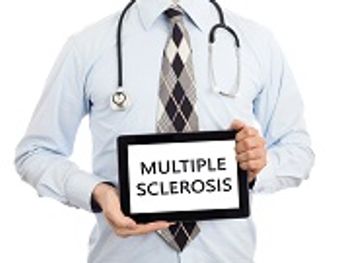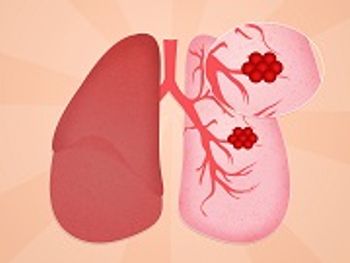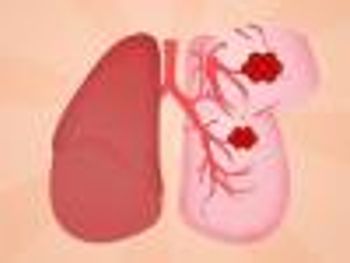
Hsp90 inhibitors could improve aggressive, resistant prostate cancer treatment.

Recent advances and updates in oncology and cancer drug development.

A repository of biopsy tissue was created from patients with leukemia and lymphoma.

More knowledge about deadly glioblastoma tumors has been discovered.

Patients taking mitoxantrone for multiple sclerosis found to have higher rates of breast and colorectal cancers and leukemia.

Patients administered mitoxantrone for multiple sclerosis carry higher rates of breast and colorectal cancers and leukemia.

Active surveillance seems to be safe in patients who are low risk, and certain patients at intermediate risk.

Testosterone therapy may actually inhibit the growth of aggressive prostate cancer.

Paclical/Apealea found to be non-inferior to current treatment for patients with epithelial ovarian cancer.

Top news of the day from across the health care landscape.

Survivors of pediatric cancer observed to have similar health-related quality of life as older adults.

Personalized cancer treatments need to account for conditions such as heart or lung diseases.

New research shines light on cancer drug resistance.

Numerical simulations show the long-term success of immunotherapy is dependent on random fluctuations.

Cancer tumors are unable to grow larger than 2 millimeters unless angiogenesis is present.

Top news of the day from across the health care landscape.

Immune response that attacks tumors may significantly improve progression-free survival.

Proliferation assays are typically used to see how cancer cells respond to a drug, but this method may not be the most effective.

Top news of the day from across the health care landscape.

The small molecule drug, SI-2, found to improve cancer treatment in mouse models.

TAT-CaM could potentially have a multitude of applications, including cancer treatment.

The cost of oral cancer drugs spiked six-fold within the last 14 years.

Women with proliferating cells within mammary epithelium cells significantly more likely to develop breast cancer.

Ability to produce epiregulin may influence cancer development.

Ability to produce epiregulin may influence cancer development.

The use of microparticles and mesenchymal stem cells has shown potential to treat prostate cancer.

Obese people found to be at greater risk for developing colon cancer.

Infertility and breast density may impact the risk of cancer.

Infertility and breast density may impact the risk of cancer.